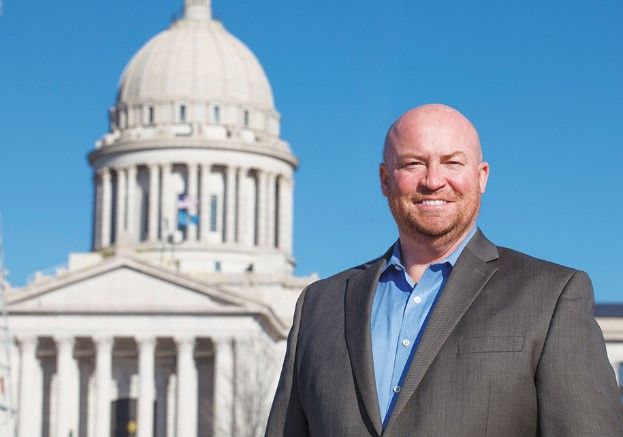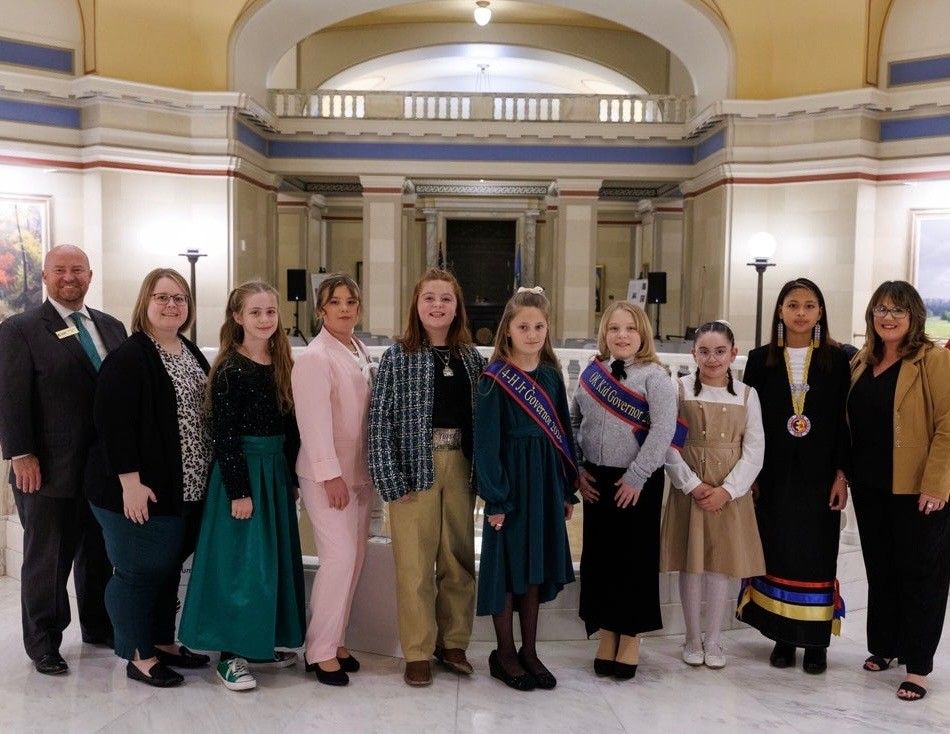Lawmakers Study Critical Children's Issues
Interim study season at the Oklahoma State Capitol is kicking off this week, and the Oklahoma Institute for Child Advocacy (OICA) is not only monitoring several, but we are engaging with authors for some of these reviews. Two studies will be held soon which I would like to highlight.
The first is by Rep. Gabe Woolley, R-Broken Arrow, to cover the intent of his House Bill 1100 and House Bill 1164, two bills to restructure how Oklahoma Human Services employees may take children into foster care custody and strengthen the threshold necessary to remove children from homes. The result would be similar to what we see in tribal human services cases and with other states like Kansas and Texas.
Another by Reps. Danny Williams, R-Seminole; Colin Duel R-Edmond; Woolley; Molly Jenkins, R-Coyle; and Stacy Jo Adams, R-Duncan would look at potential improvements to the Oklahoma Family Court system, with an emphasis on child-centered outcomes. This study will examine disparities in Oklahoma’s family court system and explore the creation of a unified statewide family court model.
There is no question that positive changes must be made in these state foster systems designed to place children in the best possible situation until they can return home. In 2020, over 6,500 children were in custody of the state, and 450 were waiting for loving homes. While there have been significant improvements recently, there are about 5,800 children currently in the foster care system, with a need for more than 700 additional foster families to help provide stability for these children. Additionally, children often must be taken hours away from their communities to find a stable setting. In 2024, data showed that one-third of Oklahoma children in foster care were moved to homes or group facilities at least two counties away.
Many current programs are working and should receive support. The school-based social worker program is one which has helped parents. Workers provide wraparound services, including completing complicated applications for food support programs, insurance submissions, and even driver’s license paperwork, which has proven to be effective in helping families maintain stability and better provide for their children, thus decreasing removals.
Additional support for the Oklahoma court network to recruit judges who specialize in juvenile issues could decrease the time which children linger in the system, along with directing toward additional support services for families to receive the help they need for reunification. Unfortunately, our state suffers from a lack of such services, especially in the rural areas of our state.
Often, judges are forced into juvenile dockets which they have no interest or experience in those types of cases. Incentives to recruit those to the bench who would want to work in this area, along with improved funding for familial services and additional funds to better train and reduce the case log for Human Services workers are needed.
Another much-needed reform is legislation authored by Rep. Nick Archer which would increase the reimbursement rate for foster families by increasing that daily stipend. It has been almost a decade since rates have increased, and this has been a problem as families simply cannot afford to take children into their home without sufficient support to help provide for them.
If you are interested in becoming a foster parent, go to https://okfosters.org/oklahoma-human-services/ where you can learn more about how you can help a youth or a sibling set with the stability they need until they can return to their biological family.
If you want to see better results for our children in this type of need, reach out to your own lawmakers to encourage support and certainly watch these studies at https://www.okhouse.gov or attend them when they are held at the Capitol.











